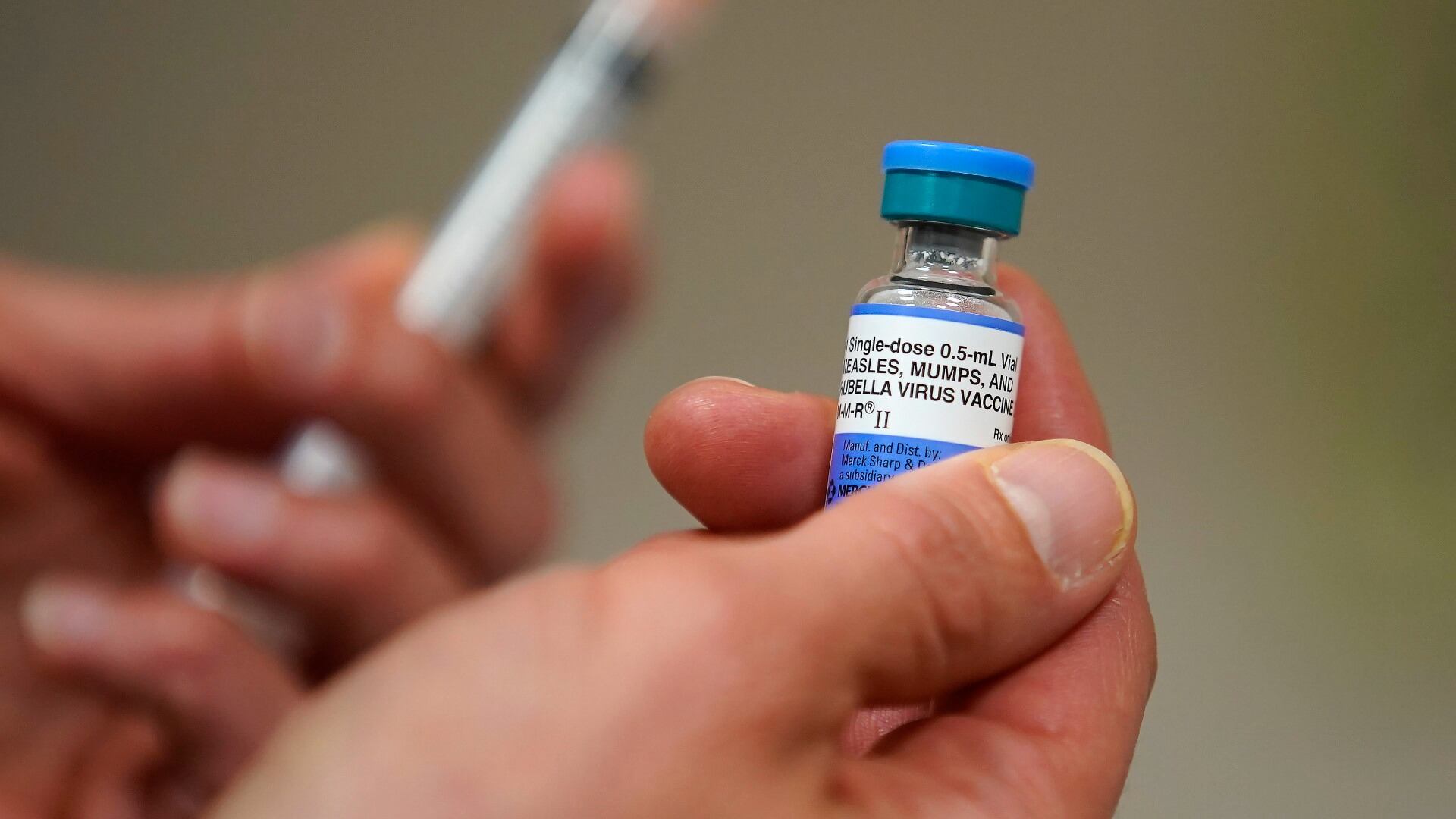Apparently not getting a full night's slumber could reduce vaccine efficacy.
A new meta-analysis published in Current Biology has found that people who received fewer than six hours of sleep a night leading up to getting vaccinated had a weaker antibody response compared to those who received a sufficient amount of sleep.
"Insufficient sleep is a behavioral factor that can be corrected before vaccination and may not only strengthen, but also extend, the vaccine response," said the senior author of the study, Eve Van Cauter, PhD, professor emeritus of medicine at the University of Chicago, in a statement.
There was a caveat, however. Men appeared to have a worse vaccine response due to insufficient sleep compared to women. The researchers argued "that none of the studies in women accounted for variations in sex hormone levels by menstrual cycle, use of contraceptives and menopausal status" and noted a hope for more research to break down the differences between the sexes.
Experts say for those who have a non-traditional sleep schedule, are sleep deprived, or even jet-lagged, they should consider a delay in getting vaccinated.
"The link between sleep and vaccine effectiveness could be a major concern for people with irregular work schedules, especially for shift workers who typically have reduced sleep duration," Cauter said. "This is something people should consider planning around, to ensure that they are getting enough sleep in the week before and after their vaccines."









